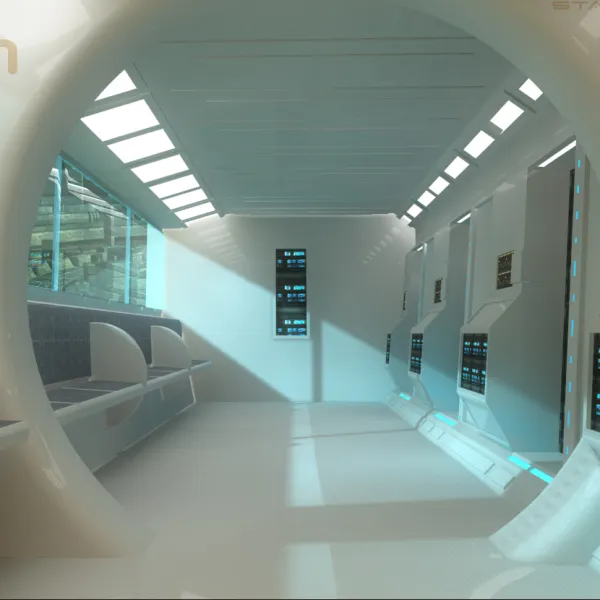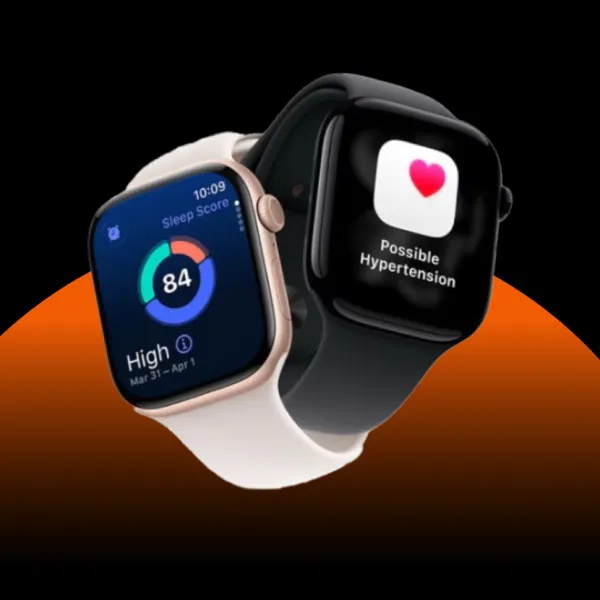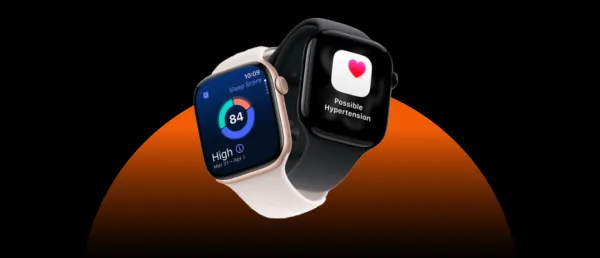UK Scientists to Develop a Bra Device that Can Monitor Breast Cancer Tumors

The bra-fitted device utilizes electrical currents to scan and identify minute changes in fluids within and around breast cells.
In a recent development, UK Scientists have forged ahead to develop a bra-fitted device to monitor breast cancer tumor growth. Spearheaded by Nottingham Trent University's medical technologies innovation facility, the bra-fitted device utilizes electrical currents to scan and identify minute changes in fluids within and around breast cells. This innovative approach, led by researchers, seeks to offer patients a non-invasive method for detecting tumor progression within the comfort of their homes. By leveraging the disparity in tissue density and water content between healthy and tumor tissue, the device can potentially detect tumor growth as small as 2mm in real time. If successful, this advancement holds the promise of enhancing patient outcomes and potentially reducing the frequency of conventional medical checks, ultimately leading to cost savings for healthcare services.
How will the Tech Work?
The non-invasive technology, potentially insertable into a patient's bra or developed as a standalone bra, is designed to complement existing treatments and routine screenings. Data captured by the device would be transmitted to both the wearer and healthcare provider via smartphone, facilitating timely assessments of tumor growth. The research team aims to initiate clinical trials within the next few years, after having finalized the electronics functionality. Currently, the team is focusing on optimizing and validating the technology. Sharing thoughts, Dr Yang Wei, an expert in electronic textiles and electronic engineering at NTU, said, “The technology would measure changes in breast tissue and help improve a patient’s chance of survival. Breast cancer can grow so quickly; it could be 1mm in six months or 2mm in six weeks. This would be an additional measure to see how fast the tumor grows.’’ This investigation, according to Dr Yang, is opening the door to an alternative breast cancer detection that could be done in the comfort of a patient’s home, conserving essential hospital resources whilst still providing a viable solution to detect early signs of cancer.
Growing Cases of Breast Cancer
According to Cancer Research, there are more than 55,000 new cases of breast cancer in the UK every year, and more than 11,000 deaths. Of the new cases, about 23% are preventable. Dr Simon Vincent, director, research & support, at Breast Cancer Now, said, ‘‘While this new technology could offer a new way to monitor the growth of breast cancer tumors and we look forward to seeing the final results.” She further revealed that the device has not yet been tested on people and there’s a lot more to understand before considering whether or not it could be used in medical settings.
Recent Breast Cancer Developments
Qure.ai, a leading medical AI imaging company, partnered with French firm Therapixel to distribute their MammoScreen technology globally. MammoScreen uses AI to enhance early breast cancer detection, crucial for successful treatment in over 90% of cases. It aids radiologists in reading a large number of mammography exams, leading to improved detection rates and faster reading times, benefiting both experienced and less experienced radiologists. By integrating MammoScreen into its portfolio, Qure.ai offers a comprehensive imaging AI solution covering lung and breast cancer, among other areas. The cutting-edge AI technology assists radiologists in faster and more accurate diagnoses across various healthcare workflows and locations. In December, Cytelabs, a leading oncopathology diagnostic service affiliated with Cytecare Cancer Hospital, unveiled Dual in situ hybridization (DISH) testing for breast cancer, marking a significant leap in diagnostic efficiency. The move positions Cytelabs as the first standalone private laboratory in India to offer this FDA-approved technique, streamlining HER2 testing for precision therapy in breast cancer.
Stay tuned for more such updates on Digital Health News





























